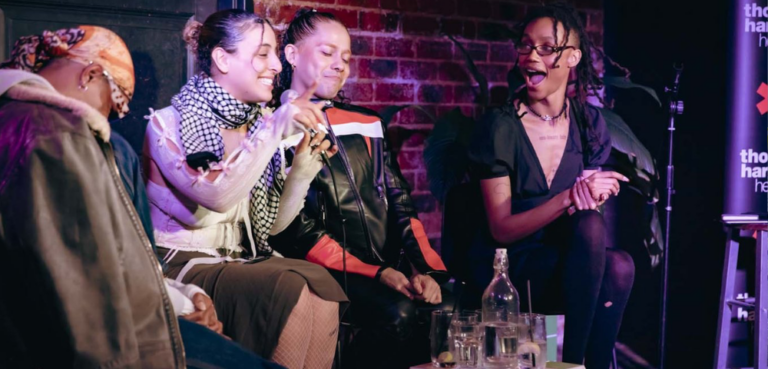
Beat Murder
The murder of a 31-year-old man at a beat near Toowoomba on Christmas Eve has outraged members of the local lesbian and gay community.
Ken Doig was stabbed to death at James Norman Hedges Park, Helidon, in the evening of 24 December. In a tragic twist, his twin brother Brett and mother Helen were shot later that night when they came across Doig’s car on the nearby Murphy’s Creek Road. Doig’s body was later discovered wrapped in plastic in the back of the car.
The Toowoomba Chronicle reported that Brett and Helen Doig were released from a Brisbane hospital on Monday of last week to attend Ken Doig’s funeral, which attracted some 700 mourners to the New Hope church in Toowoomba.
On 2 January, two men (aged 20 and 21) and a 16-year-old girl were charged with murder and attempted murder, and a range of other charges. All three have been remanded in custody and will appear at the Toowoomba Magistrates Court on 6 March.
Media reports have not speculated on Doig’s sexuality other than to say that he had been married for four years, but members of Toowoomba’s gay and lesbian group, the Silver Wheat Society, are adamant that the attacks upon him were motivated by homophobia.
Silver Wheat Society board member Bill Rutkin told Sydney Star Observer that most local gay men are convinced that it was some sort of gay hate killing. Doig was known to local gay men who used the James Norman Hedges Park beat, Rutkin said.
[The Silver Wheat Society] will be commissioning a couple of people over the next few months to tour the state taking submissions from gay men and lesbians about their experiences of violence and dealing with the police, Rutkin said. The bashing of a young gay man in Too-woomba’s Queens Park in 2001 had further alerted the local community to the spectre of local hate-related crime, he said.
Rutkin said the Silver Wheat Society was hoping to use stories of homophobic violence to help achieve legislative change in Queensland.
Last year the Beattie government dismissed homophobic vilification from other legislative amendments which outlawed racial and religious vilification. Beattie was undoubtedly motivated then by the lack of public pressure for anti-homophobia measures, Rutkin said.









